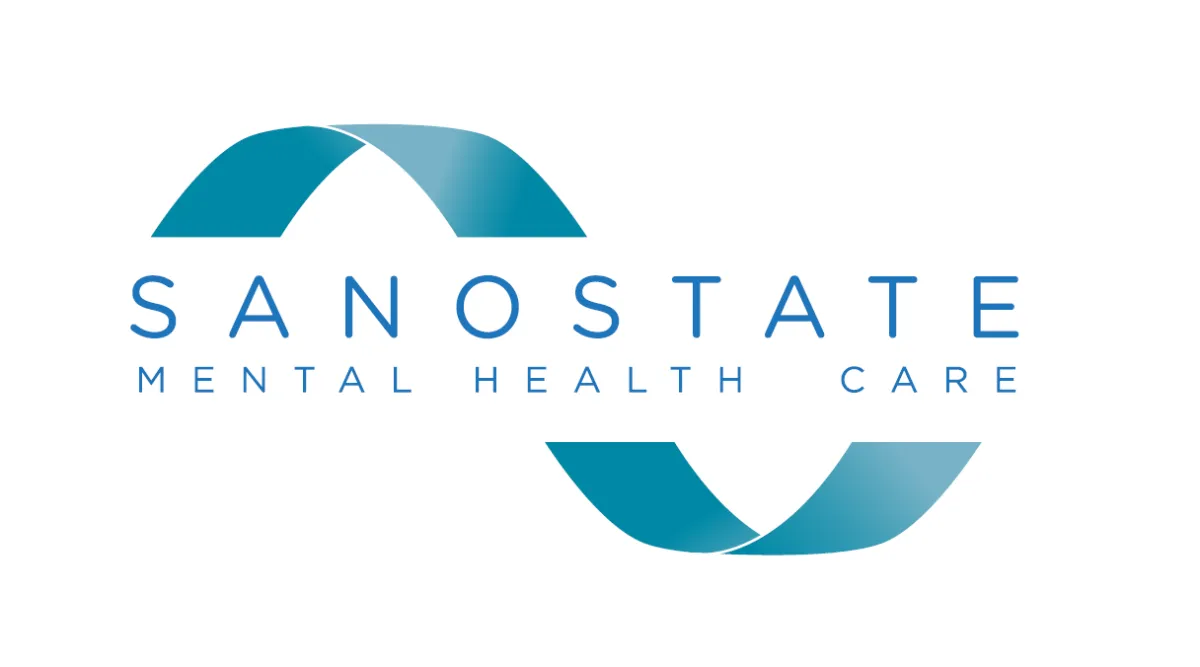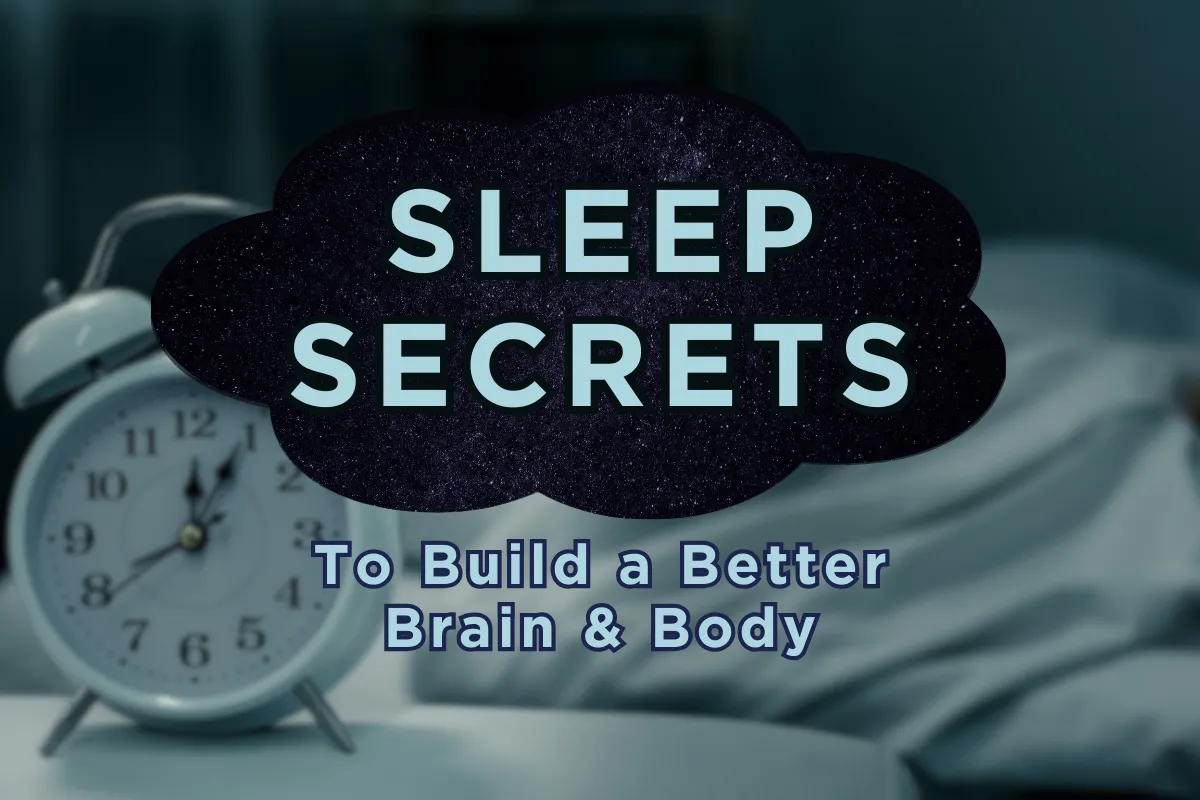General Inquiries: (587) 333-6349 - info@sanostate.com



Sleep Secrets to Build a Better Brain and Body
"... getting the right amount of sleep can make all the difference." - Jessica Bonert
Sleep is a vital reset for our body and mind each day. Generally, 7-9 hours is the recommended amount of sleep per night, but this can differ for everyone. So, how do you tell how much sleep is right for you? Ask yourself how rested you feel throughout the day - that’s a good indicator of whether you should get more or less sleep every night.
If sleep has been a challenge for you, don’t worry; there are ways to improve it! Let’s look at the importance of sleep and how Neurofeedback may help you get a better night’s rest!
How Sleep Impacts Our Body
Sleep impacts our body in numerous ways:

How Sleep Impacts Our Mind
Sleep is essential for our brains for many reasons:

Traditional Sleep-Improving Techniques
Work outside of the bedroom
Limit technology in the bedroom
Limit technology & blue light 1 hour before bed
Avoid alcohol 4 hours before sleep
Avoid caffeine 4 hours before sleep
7-9 hours of sleep per night (more for kids, teens, & seniors)
Sleep in a quiet room, or using earplugs
Sleep in a dark room, or use an eye mask
Cool temperature in bedroom at night
Get to bed around the same time each night
Wake up around the same time each day
Exposure to sunlight (or sun lamp) during the day
Make sleep a priority
How Neurofeedback Therapy Can Help Improve Sleep

So?
Sleep is essential for our body and mind, and getting the right amount of sleep can make all the difference. Sleep is also a powerful barometer of our overall health - we all know the impact on our day-to-day after a night of poor sleep, and over time, poor sleep takes its toll, especially on our mental health. If sleep is a concern, tools like good sleep hygiene and Neurofeedback can help!
If this is an area where you could use support, connect with us HERE or by calling 587-333-6349. 💙
References
Alapin, I., Fichten, C. S., Libman, E., Creti, L., Bailes, S., & Wright, J. (2000). How is good and poor sleep in older adults and college students related to daytime sleepiness, fatigue, and ability to concentrate? Journal of Psychosomatic Research, 49(5), 381-390. https://doi.org/10.1016/s0022-3999(00)00194-x
Brady, S. (2022, August 25). Why sleep is important for brain health. American Brain Foundation. https://www.americanbrainfoundation.org/why-sleep-matters-for-brain-health/
Kwan, Y., Yoon, S., Suh, S., & Choi, S. (2022). A randomized controlled trial comparing Neurofeedback and cognitive-behavioral therapy for insomnia patients: Pilot study. Applied Psychophysiology and Biofeedback, 47(2), 95-106. https://doi.org/10.1007/s10484-022-09534-6
Reiner, M., Rozengurt, R., & Barnea, A. (2014). Better than sleep: Theta neurofeedback training accelerates memory consolidation. Biological Psychology, 95, 45-53. https://doi.org/10.1016/j.biopsycho.2013.10.010\
Shewfelt, A. (2023). Neurofeedback Treatment Companion. Sano State Taylored Psychology Mental Health Care.
The science of sleep: Understanding what happens when you sleep. John Hopkins Medicine (2024, June 20). https://www.hopkinsmedicine.org/health/wellness-and-prevention/the-science-of-sleep-understanding-what-happens-when-you-sleep
Our content is for informational and educational purposes and is not a replacement for professional advice, diagnosis, or treatment. If you're facing mental health concerns, please seek help from a qualified professional for personalized guidance. Every individual's situation is unique, so use the information here at your discretion. While we strive for accuracy, the field of psychology is ever-evolving, and our content may not always reflect the latest research. Please prioritize your privacy by avoiding sharing personal information in comments or interactions. Your well-being is our top concern, so use our content for educational purposes, but remember to rely on professionals for your specific needs.
General Inquiries:
Our Locations:
Additional Resources:
About Us:
We strive for excellence in psychological treatment. We are committed to providing professional, caring, innovative, and research-based services.
© 2024 Sano State Taylored Psychology. All Rights Reserved.
